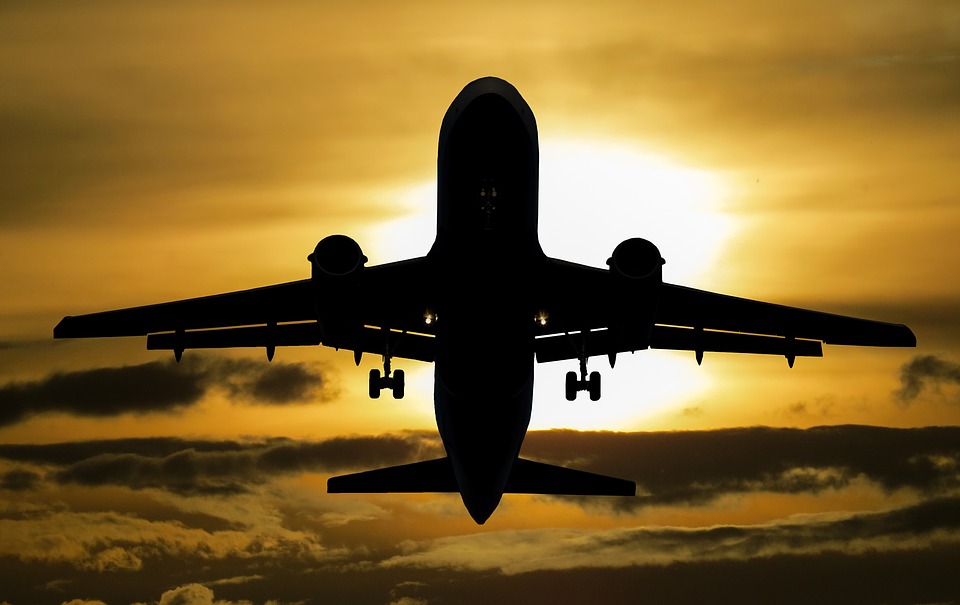US airline lobbying organization A4A has joined with IATA to communicate the environmental and sustainable efforts initiated by commercial aviation and explain why flying is a responsible transport choice.
Airlines are coming under pressure as global concerns grow about carbon emissions and climate change. In the past six months, a flygskam, or “flight shame,” movement that originated in Sweden has gained traction. The movement encourages people to stop or to take fewer airline flights and to boast about their alternative transport choices, such as rail.
Scandinavian Airlines (SAS) CEO Rickard Gustafson told a Shell Aviation Panel on the sidelines of the IATA AGM in Seoul in early June that SAS had seen a 5% drop in demand for tickets in the six months since flygskam began. “Companies are changing their travel policies and opting for train over air,” he said.
A4A president and CEO Nick Calio, the guest speaker at the International Aviation Club of Washington DC’s June 27 lunch, said climate change had become “the issue of the day.”
“We are seeing a new narrative emerging, especially in Europe, where people are calling out people for flying. It’s called shaming. And in countries like Belgium, the Netherlands and Sweden, they are talking about taxes on aviation… this ignores the very good story of this industry,” Calio said.
“More must be done to tell that good story, but a lot more needs to be done beyond. A4A has joined with IATA and others to tell how we connect the planet and how we protect the planet. It’s a good time to fly without guilt.”
A4A has joined with other US airline associations to back proposed legislation that would extend a provision for sustainable aviation fuels (SAF) to be eligible for tax credits. SAFs were added to the list of credit-eligible alternative fuels many years after alternative ground fuels were eligible, but the law expired—ironically not long after some airlines started using SAFs. The Tax Extender and Disaster Relief Act would provide the industry with the stability necessary to continue investing in SAF technology, the aviation industry believes, generating economic and environmental benefits.
In 2016, ICAO adopted the Carbon Offsetting and Reduction Scheme (CORSIA)—an industry first that is expected to mitigate some 2.5 billion tonnes of CO2 between 2021 and 2035, equivalent to the entire annual CO2 emissions from the Netherlands. CORSIA will be key to achieving an air transport industry goal of capping net emissions at 2020 levels and to a 50% reduction in net CCO2 by 2050 compared with 2005.
At the IATA AGM, airlines overwhelmingly passed a resolution calling on governments to implement CORSIA…



